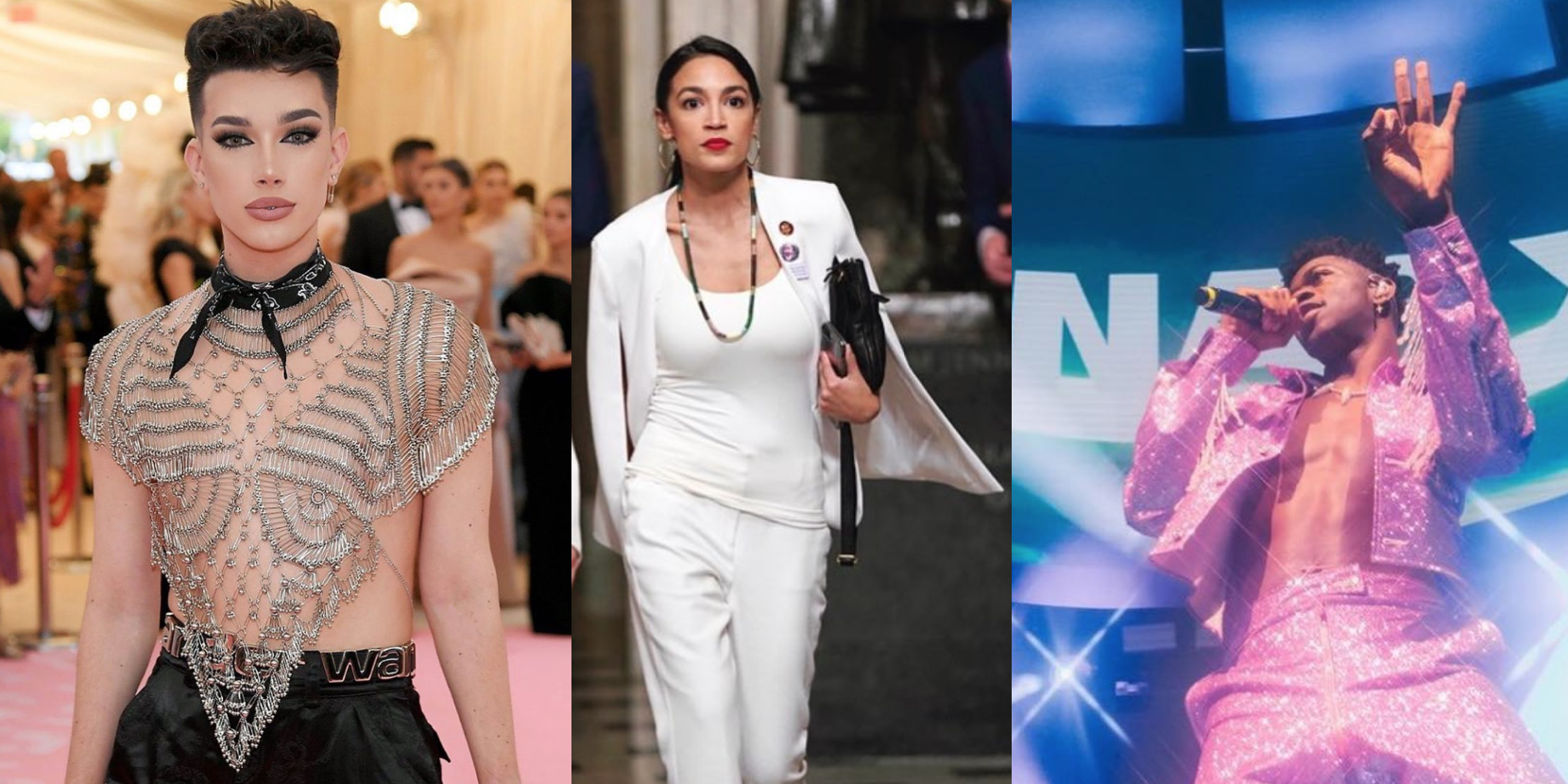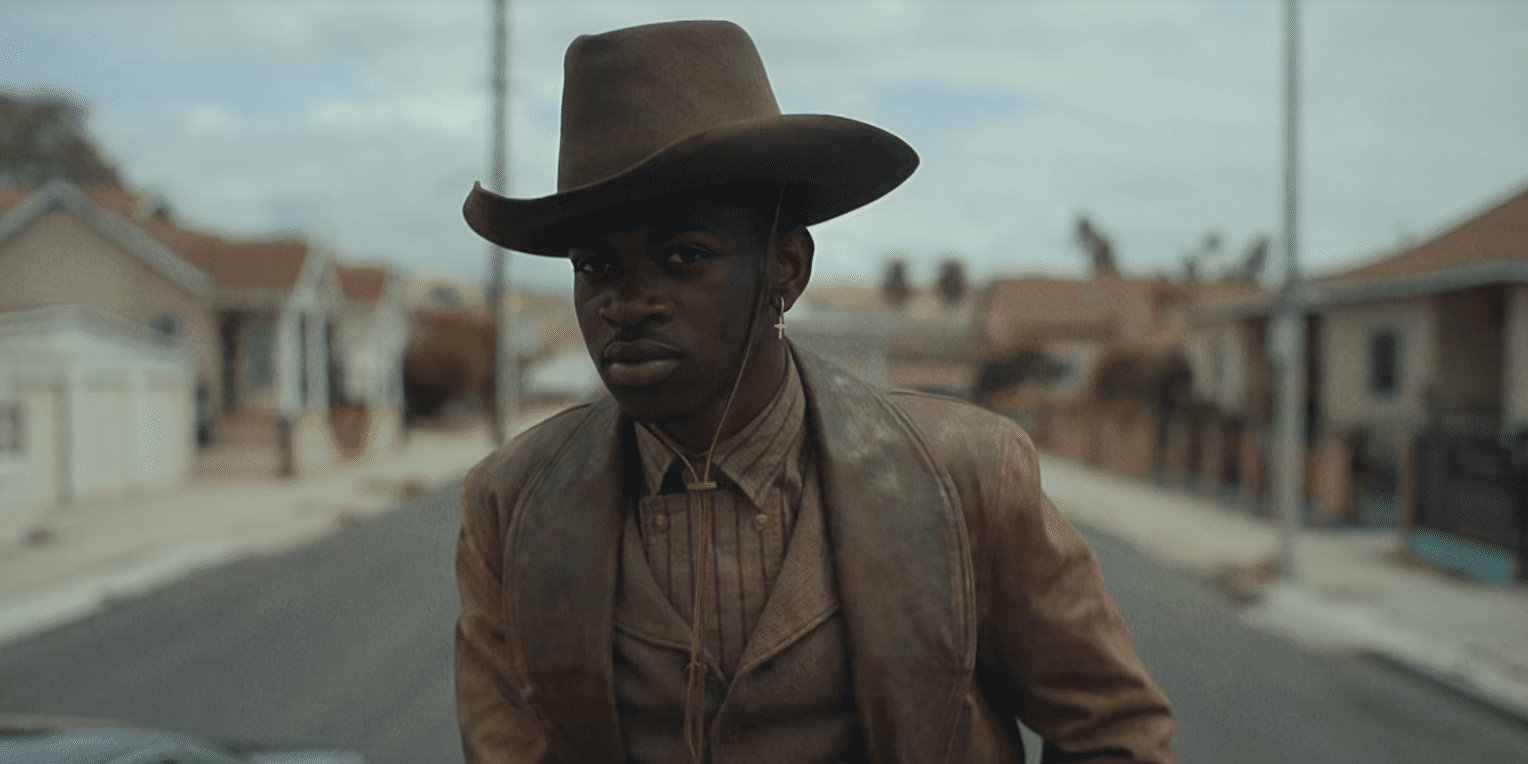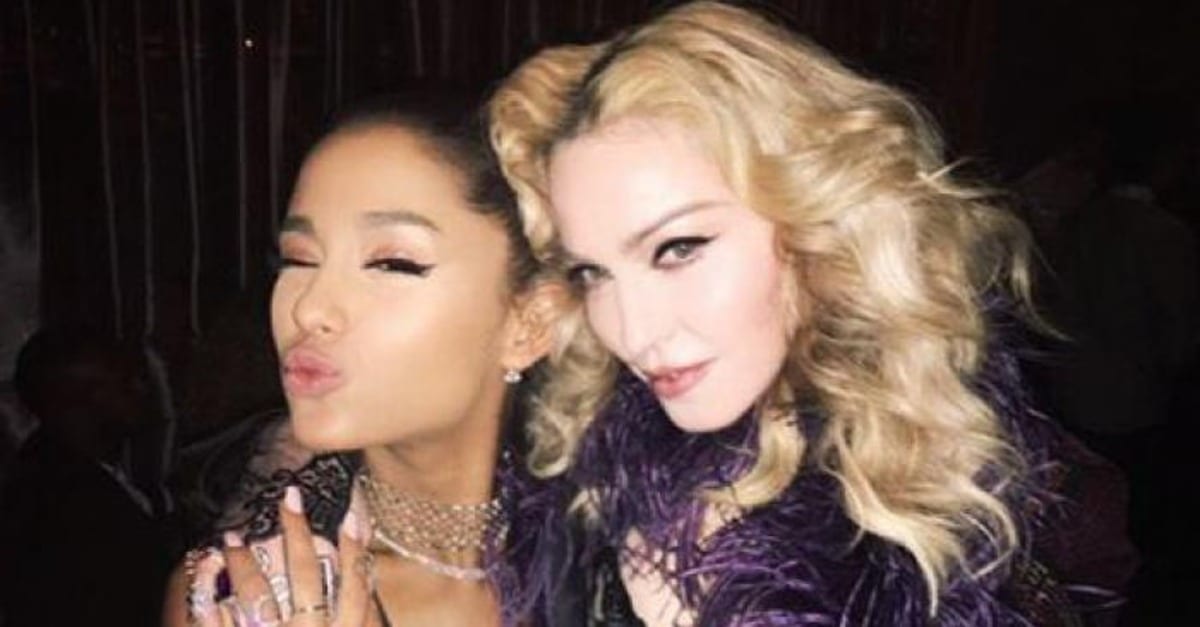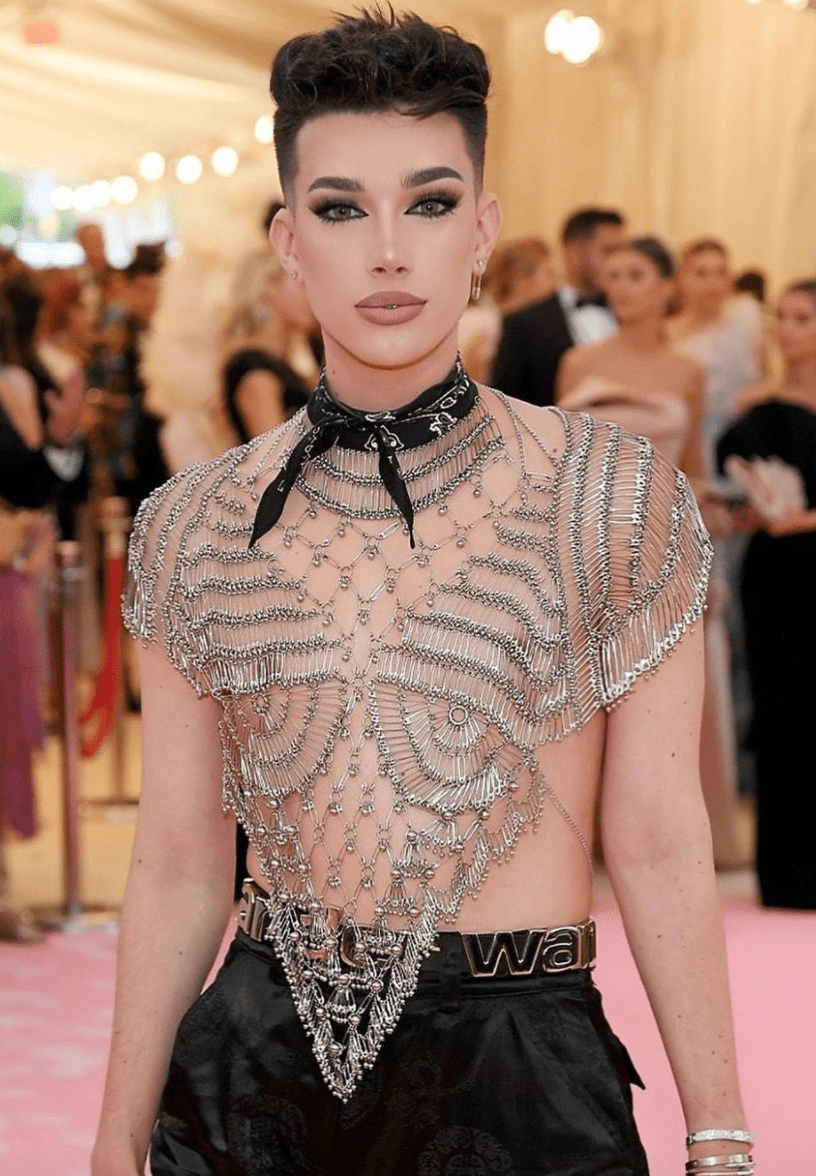
On July 16, TIME Magazine released its list of the top-25 “Most Influential People on the Internet” for 2019.
Describing their approach to the fifth annual edition, “TIME evaluated contenders by looking at their global impact on social media and their overall ability to drive news.” Across those making 2019’s (unranked) top 25, a star’s sheer number of followers is just one of the metrics. For several entrants, such as Lil Nas X and Carlos Maza, their “ability to drive news” and help in “kickstarting a conversation” on topics in music, online culture, politics and more proved decisive.
Below, Instinct recaps a few of the most-familiar faces, including both LGBTQ community members and allies, from this year’s TIME list.
Lil Nas X

As TIME summarizes of the multigenre artist Lil Nas X: “For proof that viral fame can lead to bona-fide stardom, look no further.” The artist’s enormous hit, “Old Town Road,” has been smashing records and is on the cusp of a record-tying sixteen weeks atop the Billboard Hot 100. But Lil Nas X’s influence goes much further, TIME points out, including reopening conversations about black artists in Nashville’s country music scene as well as his decision to come out as gay at the tail end of Pride Month.
Thanks to a recent teasing tweet from none other than country music icon Dolly Parton, Lil Nas X and his relentless stream of star-studded and online-culture-referencing remixes may dominate our online conversations for awhile longer.
🐴🦄 @LilNasX https://t.co/jD8WgNNNPI pic.twitter.com/WQWwW7sbi2
— Dolly Parton (@DollyParton) July 17, 2019
Rep. Alexandria Ocasio-Cortez (D-NY)

Freshman House member and drag show superfan Alexandria Ocasio-Cortez (D-NY), TIME noted, has so thoroughly excelled in mastering her online presence she’s become known by her initials and social media handles alone: AOC. The youngest congresswoman in history, AOC, TIME writes, “has … expertly harnessed viral tropes to draw attention to subcommittee hearings and granular policy debates that have typically been relegated to the confines of C-Span.”
TIME neglected to recall her viral live-Instagram chronicle from April, in which she built Ikea furniture while explaining her values, Puerto Rican politics and statehood, Trump’s tax returns and more. The earned confidence of anyone assembling anything from Ikea in front of a live audience, wine glass in hand? Unparalleled. One of her latest messages to her 4.8 million Twitter followers? One of rare hope this week:
To all those scared for our future: we can get through this better than we started.
We have the power to triumph over hatred, division, and bigotry.
But decency cannot be taken for granted. It is something we must create, advance, and actively work to build each and every day.
— Alexandria Ocasio-Cortez (@AOC) July 18, 2019
Ariana Grande

The diminutive pop star has had a remarkable last year. From the ups and deep downs of a broken-off engagement to her back-to-back smash singles, Grande made history just this past February, “at one point [holding] all three top spots on the Billboard Hot 100 chart — the first artist to do so since the Beatles.”
As TIME wrote, her influence is driven by the mass momentum of her online following: “Grande recently became Instagram’s most-followed musician, giving her an even bigger platform (223 million followers across Instagram and Twitter) to promote her work.” In other words, the 26-year-old singer has more followers than France, Germany and the United Kingdom have people — combined.
https://twitter.com/ArianaGrande/status/1150272589375258624
Carlos Maza

As TIME explains the fraught rise in Carlos Maza’s prominence: “When Vox journalist and vlogger Carlos Maza spoke up about being harassed online, he didn’t just take aim at the perpetrators. He targeted the policy that empowered them.” Maza would know just how badly these firms’ policies have failed online creators, especially LGBTQ+ ones; he’s suffered years of harassment himself, prompting virtually no meaningful response from YouTube. As Instinct covered last month, calls for protests at San Francisco Pride among YouTube’s own employees (and at parent company Google) came as a response to Maza and similar cases.
In recent few days, Maza hasn’t held back in calling for higher standards among journalists and writers. On the contrary, he’s denounced CNN, which recently ran an interview between Jake Tapper and avowed white nationalist Richard Spencer, drawing widespread condemnation.
CNN isn’t a good news network that occasionally makes bad calls.
It’s a network that intentionally, repeatedly puts ratings before journalistic ethics.
A network that’s normalizing bigotry and extremism because it doesn’t know how else to compete with Fox.
— Carlos Maza (@gaywonk) July 16, 2019
Yashar Ali

Yashar Ali / Image via Twitter
TIME sums up journalist Yashar Ali’s influence well: “Few journalists direct virtual attention quite like Yashar Ali.” In part, he does so through his own reporting, including breaking stories like “the dates of the first Democratic National Debates, the revelation that Les Moonves attempted to derail Janet Jackson’s career after her infamous 2004 Super Bowl performance.” (More recently, he also broke damning news about BBC Persia’s agreement with the Iranian government, effectively representing “a capitulation to a government that has been hostile to press freedom,” Ali wrote.)
Yashar (like Cher and Madonna, he’s most-commonly known by his mononymous social media handle online) also shares his experiences of living with ADHD, has rallied online support to rebuild arson-hit black churches in Louisiana and is a wildlife advocate, prominently supporting elephants around the world.
https://www.instagram.com/p/BxPvc3VhonQ/?utm_source=ig_web_copy_link
James Charles

James Charles, a beauty vlogger, makeup artist and the very first male CoverGirl, has amassed well over one billion YouTube views already — but these are only a few of the reasons Charles made this year’s TIME list. As the magazine explained, for those who’ve missed out on the notoriety:
the viral break-up of his friendship with former mentor and fellow beauty vlogger, Tati Westbrook, which started as a niche feud over gummy bear supplement sponsorships and ballooned into a broader discussion about the dark side of influencers and “cancel culture.” The consequences were initially swift for Charles, who lost millions of subscribers and followers
(Don’t fret, as Charles and Westbrook have since buried the hatchet, and Charles still boasts over 15 million subscribers to his YouTube channel.)
For the unaware: Charles isn’t a viral personality for nothing. From tweeting uplifting encouragement to followers to dabbling in video gaming content and offering self-aware, self-deprecating observations, “beauty vlogging” is but one piece of what draws people in.
this is me I am bitches https://t.co/zras6HtRpY
— James Charles (@jamescharles) July 14, 2019
Who did TIME miss (aside from, apparently, queer women and trans folks)? Who are your faves above? Let us know in the comments below.
(Source: TIME Magazine)
